Harvesting waste heat from power stations and even vehicle exhaust pipes could soon provide a valuable supply of electricity.
Metal-organic framework could reduce carbon dioxide emissions
University of Adelaide researchers have developed a new nanomaterial that could help reduce carbon dioxide emissions from coal-fired power stations.
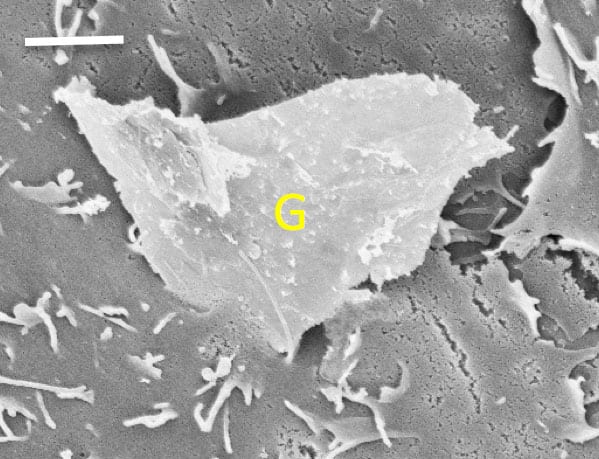
Graphene could pierce cell membranes, disrupt function
New research adds to knowledge of potential toxicity of nanomaterials.
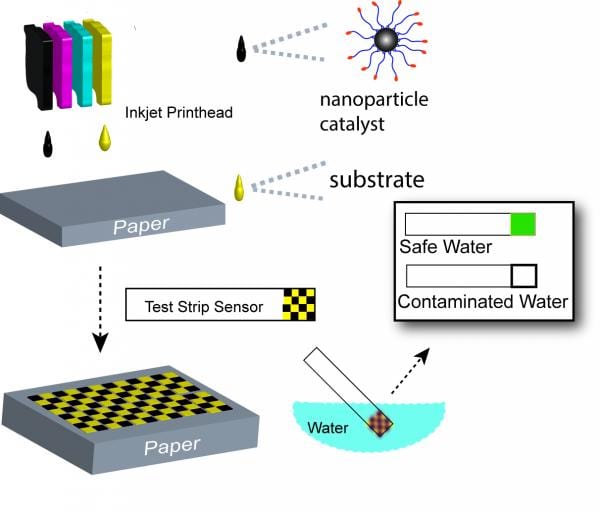
Funding for nanotech water-borne disease research
NAS announces grant to Vincent Rotelloto develop, test and deploy inkjet-printed, nanoparticle-based test strips for detecting bacteria in drinking water.
Gold nanoparticles and urine detect mercury
A colorimetric assay system based on urine and nanoparticles for mercury detection has been developed by researchers from Nanyang Technological University.
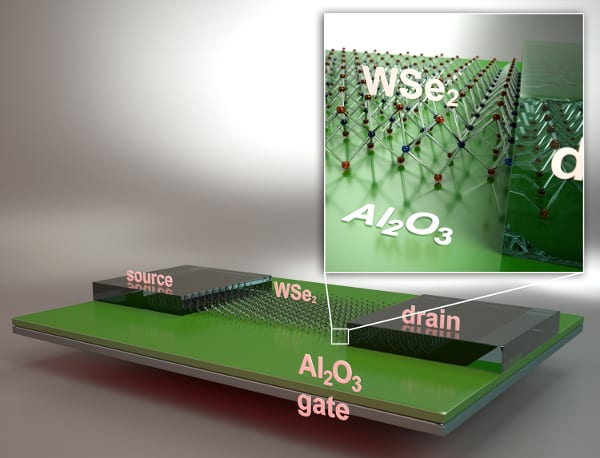
2D transistors could seed next-gen flat electronics
UC Santa Barbara researchers demonstrate first n-type field effect transistors on monolayer tungsten diselenide with record performance.
Better sensor for border control
Sensor aims to detect homemade explosives made with hydrogen peroxide without false positives from substances such as toothpaste.
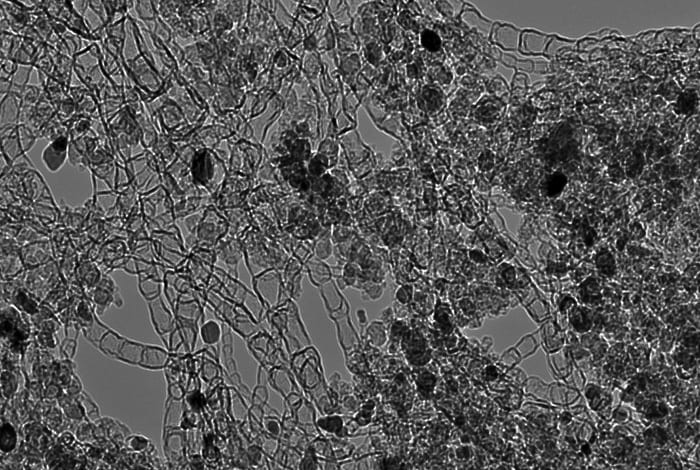
Nanotube catalyst gives alternative to precious metals
Economical non-precious-metal catalyst capitalizes on carbon nanotubes.
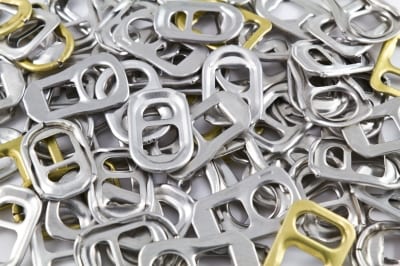
Aluminum Foam from Scrap
A group of scientists show a low cost route to manufacture high quality aluminum foam.
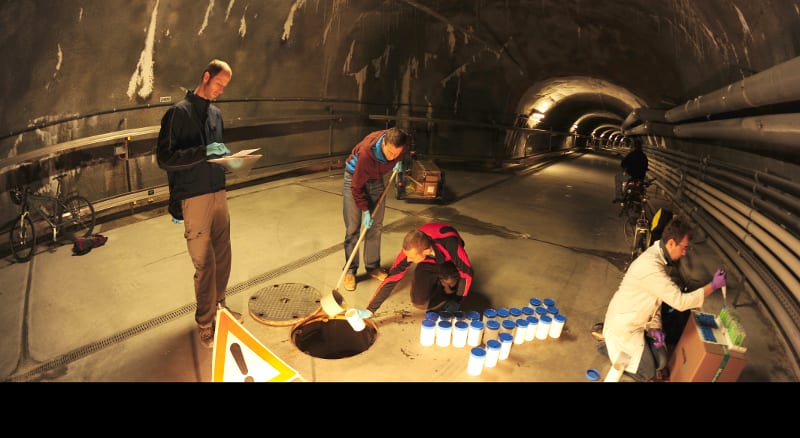
Major study into the environmental effects of nanosilver
Swiss researchers show that nanosilver is quickly transformed into less problematic substances on its way to the wastewater treatment plant.










